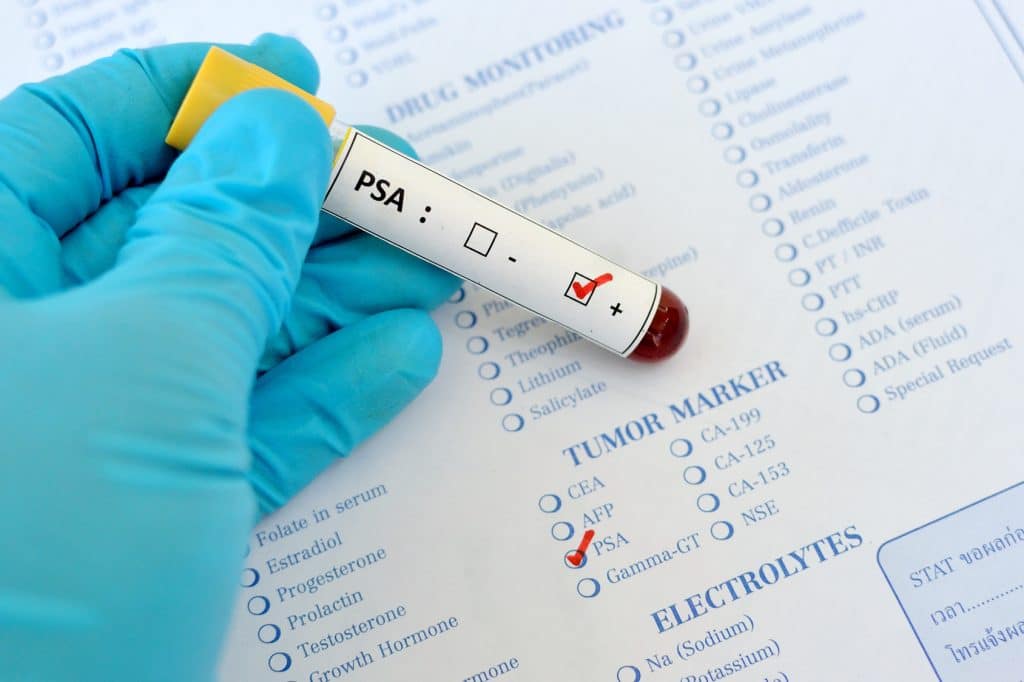Urology Associate’s offers a patient update on prostate cancer screening & PSA testing following a new study on rising prostate cancer rates.
A great bombshell was dropped when a new study regarding prostate cancer screening was recently published.

For years, prostate cancer was diagnosed after screening with a PSA [prostate specific antigen] blood test and digital rectal exam. However, over time there was a decreased emphasis on PSA because we understand that it’s an imperfect test.
About 10 years ago the U.S. Public Health Task Force recommended a grade of D for PSA screening because of its imperfections.
In the urology community, we were very concerned about that recommendation because we felt that PSA screening was the only reason why deaths due to prostate cancer had dropped dramatically over the past 10-15 years.
In fact, the study released recently confirms that comparing 2003 data to 2013 data, there was a 72 percent increase of men presenting with metastatic or incurable disease.
In fact, in the group that we are most concerned about, men who are at highest risk between age 55 and 69, there was a remarkable 92 percent increase in presentation with metastatic or incurable disease.
We conclude that it is important for men to continue to get screened with PSA and digital rectal exam annually.
We understand that it’s an imperfect science, but we still believe that it’s the only way that will allow us to identify men who are at risk for early progression to metastatic disease.
We also understand that in today’s world we have dramatically enhanced abilities to stratify patients into risk groups. Specifically, we can identify patients that have such low risk of progression that we can offer active surveillance and actually no treatment. Therefore, no risk of the side effects that men are concerned about.
If in fact they have higher risk factors for progressive disease, then our treatment options today are much improved including both da Vinci robotic therapy, or stereotactic body radiation therapy, or CyberKnife radiation therapy for treatment with much, much less treatment-related side effects.
As a result of this data, we strongly recommend that men continue to do screening for prostate cancer using both PSA and digital rectal exam. This allows them the best chance of early diagnosis, early risk stratification and treatment, if necessary, to prevent death due to prostate cancer.

